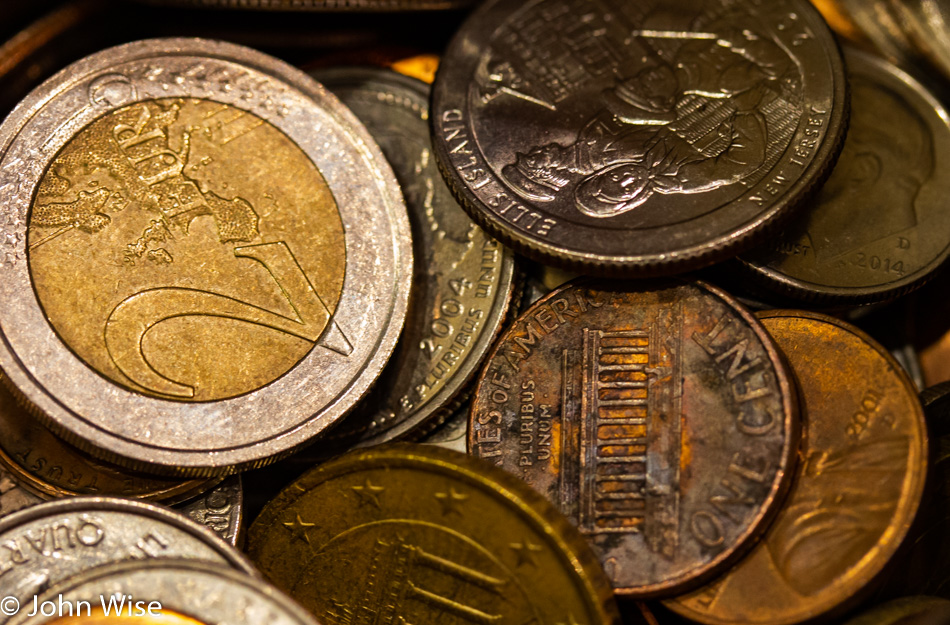
It takes a man dying to let people know he’s lived a good life, while a man alive may never let anyone know he is alive at all. We pop into existence with all the potential of something that approaches the infinite or at least as much as human capability allows. Then, too often, we squander our most limited resources before we pop out of existence to join the astral plane. What did we do to validate our existence, not necessarily for others, but for ourselves?
If you should be so skilled to craft a song in the waning days of life, will you be thankful or resentful? Writing this song, you cannot rest on the accomplishments of a society or family you were part of; it must be a portrait of the intrinsic you. Your elegy may not be brought to a song, so maybe it is in words, paint, or some other art, but it has to capture just who you were. Will you have an inkling of who that person was, and while you were being you, could you answer who you are? How many of us, through a visual impression, a sentence, paragraph, or melody, give an impression to others of who and what we are? A flower can.
The flower effortlessly offers its beauty, demonstrating what it is. In its display, we delight in our minor comprehension of its role, at least in our sense of the aesthetic. We gaze into the ocean or the Milky Way and have some idea that we understand what it is we are witnessing. We can make assumptions regarding the stars and whales and feel satisfied we have a semblance of an idea of what is behind our cumulative knowledge.
The same cannot be said of knowing ourselves or, to a far lesser degree, others in our immediate orbit. I’d posit that people know very little of their spouses or even their children. On the other hand, we can make broad assumptions about the mass of humanity just as we might about the ocean or sky above us, though this likely gives us a poor impression of the complexity we are wrapping in gross generalizations. We must either intricately study a thing over a lifetime or accept we’ll only ever have a rudimentary knowledge of that thing.
How much effort do we give to understanding others in our species, or how about ourselves? So how, then, are we differentiated from the animals and insects around us? Maybe we’re not all that different after all. True that the scientists, thinkers, inventors, creators, artists, and musicians exemplify the best of our human qualities, but our consumption of their product does not make us any less the insect, moving grain to the nest. We are worker bees operating on autopilot and doing little to direct the nest. Yet our ego convinces us of our validity because we are watching TV, rooting for our favorite team, playing a video game, or doing a job to pay for the luxury of consumption.
Existence in our moment without intention is not good enough; it does not suffice and is an abject failure of our humanity. Who are you? I demand an answer, and I don’t want to know you from your MAGA hat, yoga pants, tattoos, how much you can share about a movie or game character, or inflated sense of self-worth because you placed your career on a pedestal you believe makes you a better human being.
How do you feel when you witness natural beauty, when frisson occurs while listening to your favorite song, after sharing or giving to someone who needs something more than you? What does love mean and feel like to you? What do the tears of joy taste like? Where are you most at peace? How does your mind feel when sequencing words, notes, or brush strokes? Have you had many mentors, read great works, and celebrated exquisite moments?
None of this can occur without cultivating a sense of being aware and present at the opportunistic moments when the magic of life rises up for our taking. We cannot grasp these chance encounters if we are not operating with the tools that allow us to decipher and subsequently own these fleeting wisps of profound inspiration. We have this brief window of being awake and using our time to reward the very existence of this entity we call self.